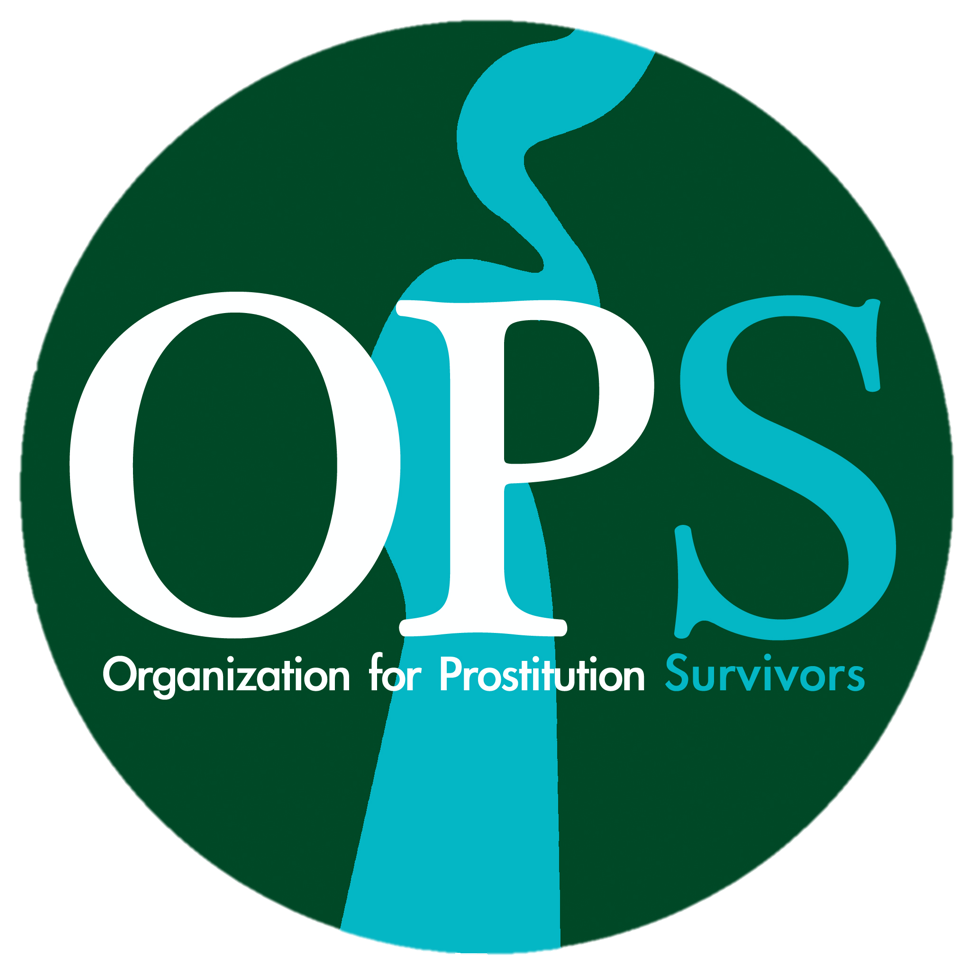Building Self-Esteem: A Path Towards Healing and Empowerment for CSE Survivors
Finding the road to healing after surviving commercial sexual exploitation (CSE) is not an easy journey. It takes immense strength and courage to overcome the trauma endured. One crucial aspect of this healing process is building self-esteem.
By understanding trauma, practicing positive affirmations, challenging negative thoughts, embracing mindfulness, seeking social support, and engaging in therapy, CSE survivors can rebuild their self-esteem and reclaim their inherent worth and power. Today, we explore various strategies that can empower survivors on their path towards healing.
Understanding Trauma:
Processing traumatic experiences is a crucial step towards reducing feelings of guilt, shame, and self-blame. Acknowledging and validating emotions can help survivors let go of the burdens they carry and start to heal from within. At the Organization for Prostitution Survivors (OPS), we believe in creating a safe and supportive environment to facilitate this journey of self-discovery and healing.
Positive Affirmations:
The power of positive self-talk cannot be underestimated. By replacing negative thoughts with positive affirmations, survivors can gradually shift their perspective and embrace self-compassion. At OPS, we provide tools and resources to empower survivors to cultivate a positive internal dialogue, reminding them of their strength and resilience.
Challenging Negative Thoughts:
Recognizing unhelpful thoughts and challenging them is a transformative process. OPS encourages survivors to question the negative beliefs that may have arisen from their experiences in CSE. By disputing these thoughts and seeking evidence to the contrary, survivors can gradually rebuild their self-esteem and reclaim their narrative.
Embracing Mindfulness:
Mindfulness practices can promote greater self-awareness, self-compassion, and self-regulation. Engaging in activities such as deep breathing, meditation, or yoga can help survivors reconnect with their bodies and minds, fostering a sense of control and grounding. OPS offers trauma-informed mindfulness sessions to support survivors in their journey towards self-discovery.
Seeking Social Support:
No survivor should walk their healing path alone. Social support plays a crucial role in boosting self-esteem and providing a sense of togetherness. Whether through support groups, survivor networks, or close friendships, OPS provides CSE survivors with safe spaces to connect, share experiences, and uplift one another.
Therapy as a Tool for Healing:
Therapy can be particularly beneficial for survivors who prefer a space to talk about their feelings. OPS offers a range of therapeutic services tailored to meet the unique needs of CSE survivors. Our compassionate therapists employ trauma-informed approaches to help survivors process their experiences and rebuild their self-esteem in a safe and nurturing environment.
Rediscovering Joy and Fulfillment:
In addition to the strategies mentioned above, it is essential for survivors to reconnect with activities and relationships that once brought them joy and fulfillment. Cultivating moments of happiness can serve as a powerful reminder of their capacity for joy and reinforce their self-esteem. Whether it's catching up with an old friend or re-engaging in a beloved hobby, OPS supports survivors in rediscovering their passions and rekindling a sense of purpose.
Building self-esteem is a vital aspect of the journey towards healing and empowerment for survivors of CSE. At OPS, we stand alongside survivors, offering comprehensive support services that encompass understanding trauma, positive affirmations, challenging negative thoughts, mindfulness practices, social support, therapy, and rediscovering joy and fulfillment. We believe in your resilience, strength, and capacity to heal. Together, we can create a world where all survivors are empowered to reclaim their lives and thrive.

